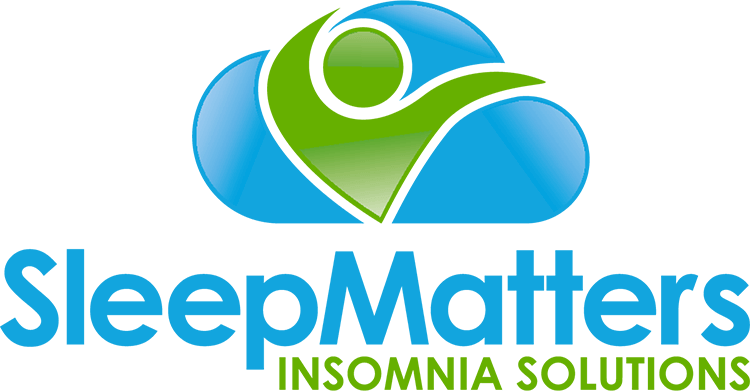Going to bed each night expecting to sleep badly is part of life for someone with insomnia.
People with Insomnia may also believe that the day after a poor sleep will be difficult, mood will be low, important details will be forgotten, and tempers will flare. There might also be worry about sleep being out of control, and worse, worry that poor sleep is putting long term physical health at risk. It makes sense that a mind hooked by such thoughts will be a mind that is far away from sleep. It also follows that a person with no sleep anxiety will be better placed to drift into the land of slumber.
Today we look at recently published research by Dr Melissa Ree from sleep Matters and her colleagues Dr Lee and Dr Wong. This research suggests that reducing worries, and modifying unhelpful thoughts and beliefs about sleep may be important for maximising treatment outcome in Insomnia.
For many years cognitive behaviour therapy for Insomnia (CBT-I) has been the recommended first line treatment for Insomnia. We know in the long term that this approach is more effective than medication.
The behavioural part of CBT builds routines that support rather than spoil sleep. The cognitive element encourages a calm mind, improved confidence in capacity to sleep, and an expectation of being able to cope after less than perfect slumber.
A mind that is calm at bedtime is one that believes things will be OK, even if sleep doesn’t come easily tonight.
Pioneering work by researchers such as Charles Morin and Allison Harvey has demonstrated that people with Insomnia tend to hold beliefs that increase anxiety, frustration and arousal at night, contributing to night-time wakefulness. Beliefs such as:
“I won’t be able to function tomorrow”
“Chronic insomnia may have serious consequences for my physical health”.
“When I sleep poorly one night, I know it will disturb my sleep schedule for the whole week”
These beliefs tend to result in ‘performance anxiety’ that makes sound sleep more difficult to achieve.
Interestingly, we know that the more that worries and frustration over sleep reduce during treatment for insomnia, the better the treatment outcome.
Borrowing from a great post from Psychology Today (July 2017), we can see an example of how an insomnia sufferer might be able to shift the following belief about sleep during CBT: “If I don’t sleep, I won’t be able to function tomorrow.”
‘Most of us worry that a bad night’s sleep will hurt us the next day. We might worry that we’ll fall asleep in meetings, will be miserable all day, or won’t even be able to work. While it’s true that insomnia is linked to lower performance on some tasks, the effects tend to be small, and there’s no significant effect on other cognitive and physical tasks. Perhaps surprisingly, there is actually a very small correlation between insomnia severity and excessive daytime sleepiness’.
Interestingly, we also know that beliefs about sleep can change not only with Cognitive Therapy but with Behaviour Therapy. There is evidence that the more the beliefs change the better the treatment response.
Our Australian study published last week echoes the above finding – we examined how beliefs about sleep change across two non-medical insomnia treatments: Cognitive Therapy which was specifically designed to promote change in unhelpful thoughts and beliefs, and Mindfulness Based Therapy which was designed to help people accept and stand back from unhelpful thoughts, anxiety and worry, but did not specifically work to change the content of people’s thinking.
The two treatments were equally effective. Interestingly, the greater the change in factors such as unhelpful thoughts and beliefs, the better the treatment response – this was the case even in MBT, the treatment that wasn’t specifically promoting change in the beliefs people held.
In essence, it appears that caring less about sleep is beneficial in people with Insomnia. A nice article in the Sunday Times last year described this slightly counterintuitive concept nicely. Sleep is an automatic process which is disrupted by worry, frustration and attempts to control it. Learning to step back and allow it to happen is a key goal of therapy.
At Sleep Matters we spend a great deal of time helping people with Insomnia to sleep better. We us the recommended first line treatment, Cognitive Behaviour Therapy (CBT-Insomnia). We’re also active in the research arena, understanding and developing evidence-based therapies.
Blog overview